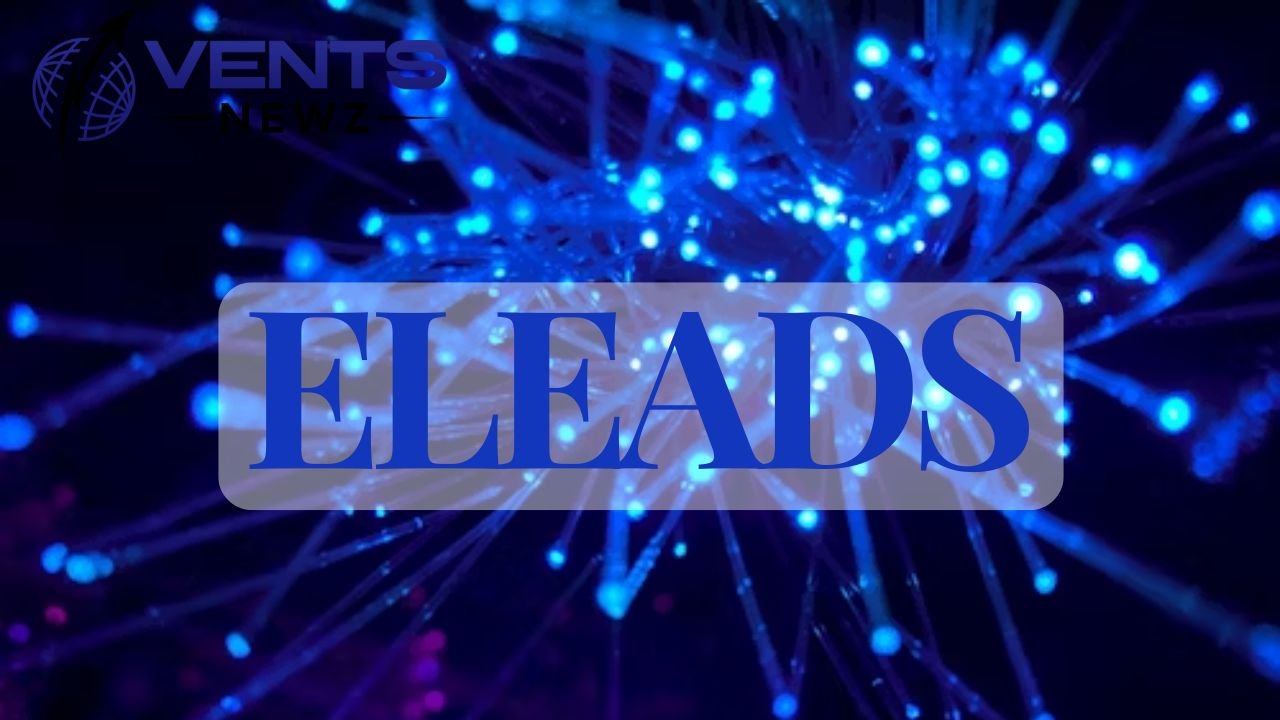Translation, or “çeviri” in Turkish, is the system of changing text or speech from one Çeviri into some other. This straightforward idea includes a big choice of talents, techniques, and troubles, making it an artwork and technological expertise. In this complete article, we can delve deep into the arena of translation, exploring its information, methodologies, challenges, and prospects.
The History of Translation
Early Beginnings
Translation has been essential to human verbal exchange for millennia. The earliest translations date again to historical Mesopotamia, wherein Sumerian texts had been translated into Akkadian around 2000 BCE. The necessity for translation arose as civilizations interacted through exchange, conquest, and cultural change.
Classical Era
In the classical generation, translation has emerged as vital for the dissemination of know-how. One of the most superb early translation efforts became the interpretation of the Hebrew Bible into Greek, called the Septuagint, around the 3rd century BCE. This painting no longer only made spiritual texts handy to a broader target marketplace however additionally set a precedent for the interpretation of sacred texts.
Medieval Period
During the medieval length, the translation of scientific and philosophical works from Arabic and Greek into Latin played a pivotal function in the European Renaissance. Scholars like Gerard of Cremona translated severa works on astronomy, medication, and mathematics, preserving and growing the understanding that could shape the modern world.
The Printing Revolution
The invention of the printing press in the fifteenth century revolutionized translation. It allowed for the mass production of books, making translated works greater widely to be had. The translation of the Bible into vernacular Çeviris, together with Martin Luther’s German Bible, played a crucial role in the Reformation and the unfolding of literacy.
The Impact of Translation on Global Literature
Translation has had a profound effect on global literature, allowing memories, thoughts, and cultural expressions to transcend linguistic barriers. Classic works along with “One Hundred Years of Solitude” using Gabriel García Márquez and “War and Peace” by Leo Tolstoy have reached audiences worldwide via translation. This cross-pollination of literature enriches the international lifestyle, introducing readers to numerous views and studies. Translated literature now not only preserves the real narratives but also fosters empathy and information among one-of-a-kind cultures, enhancing the global literary landscape.
Translation in the Digital Age
The virtual age has revolutionized the sector of translation, providing new equipment and systems for translators. Online dictionaries, glossaries, and translation groups offer without delay get right of entry to to belongings and help. Platforms like TranslatorsCafe and ProZ join translators with customers, facilitating freelance possibilities. Additionally, the net allows the fast dissemination of translated works, permitting fast admission to international audiences. Digital gadgets additionally help collaborative translation efforts, in which a couple of translators work on a venture concurrently, improving performance and consistency.
The Role of Translation in Diplomacy
Translation plays a crucial function in international members of the family, enabling communication and negotiation between international locations. Diplomatic translators and interpreters ought to personal splendid linguistic abilities and deep information of political and cultural contexts. They facilitate discussions on international treaties, exchange agreements, and conflict resolutions. Accurate translation is essential in those high-stakes environments, in which misunderstandings may have considerable results. The precision and sensitivity required in diplomatic translation underscore its significance in maintaining a worldwide circle of relatives and individuals and fostering worldwide cooperation.
Translation in the Entertainment Industry
The entertainment enterprise carefully is predicated on translation to reach international audiences. Subtitling and dubbing are essential for films, TV suggests, and video games to be cherished by site visitors who speak specific Çeviris. This procedure includes no longer just linguistic translation but also cultural versions to ensure humor, idioms, and references resonate with the audience. The success of global blockbusters and famous video games demonstrates the electricity of effective translation within the leisure industry, breaking down Çeviri obstacles and developing a shared cultural experience.
Machine Translation and its Limitations
While device translation (MT) is superior drastically, it nonetheless has extraordinary obstacles. MT struggles with idiomatic expressions, context, and cultural nuances, regularly resulting in awkward or wrong translations. For example, idioms like “kick the bucket” or “destroy a leg” can be translated without a doubt, losing their means. Moreover, MT can skip over subtleties in tone and style, which is probably vital for literary and nuanced texts. These limitations spotlight the need for human oversight inside the translation approach to ensure accuracy and appropriateness, especially for complicated and touchy materials.
The Importance of Localization in Marketing
Localization in marketing entails adapting content material material now not simply linguistically but also culturally to resonate with the target market. This manner includes editing snapshots, colors, slogans, and product names to fit close tastes and alternatives. Successful localization can notably affect an emblem’s acceptance and fulfillment in a brand-new marketplace. For example, Coca-Cola’s localized advertising and marketing and advertising and marketing campaigns have helped the logo preserve its international enchantment. Localization ensures that advertising and marketing messages are culturally applicable and appealing, ultimately using brand loyalty and sales.
Translation and Intellectual Property
Translation plays an essential position in the safety and enforcement of highbrow belongings (IP) rights. Legal files, patents, and emblems must be as they should be translated to make certain they’re identified and upheld the world over. Translation errors can cause disputes, criminal challenges, and monetary losses. Therefore, translators specializing in IP need to be meticulous and informed approximately legal terminology and worldwide hints. The correct translation of IP documents is essential for protecting improvements and revolutionary works within the worldwide marketplace.
Translation in Scientific Research
In clinical research, translation is important for the dissemination of information and collaboration for the duration of borders. Scientific papers, research findings, and technical manuals should be translated to facilitate worldwide sharing and innovation. Accurate translation ensures that research is out there to a broader goal marketplace, allowing scientists from one-of-a-kind international locations to collaborate, reflect studies, and construct on every extraordinary artwork. The global nature of clinical research underscores the significance of specific and dependable translation in advancing worldwide information and addressing every day demanding situations.
The Translator’s Role as a Cultural Mediator
Translators frequently function as cultural mediators, bridging gaps amongst special cultures and facilitating mutual information. They must navigate cultural references, social norms, and historical contexts to ensure the translated textual content is substantial and relevant to the target market. This position is in particular critical in literary and media translation, wherein cultural subtleties can considerably impact the reader’s revel in. By carefully adapting content material, translators help preserve the integrity of the unique artwork whilst making it accessible and engaging for today’s target market.
Ethics and Accuracy in Medical Translation
Medical translation calls for an excessive degree of accuracy and moral attention, as it without delay impacts patient care and results. Translators ought to be acquainted with medical terminology, techniques, and regulations to make sure that medical facts, consent bureaucracy, and informational substances are correctly translated. Misunderstandings or errors in scientific translation can lead to essential results, which incorporate misdiagnosis, incorrect treatment, and criminal liabilities. Therefore, medical translators need to adhere to stringent requirements of accuracy and confidentiality, prioritizing affected character protection and well-being.
The Role of Translation in Education
Translation in training lets in get proper access to to knowledge and master sources during exceptional Çeviris. Educational materials, textbooks, and academic studies need to be translated to help university college students and educators in multilingual environments. This is especially crucial in better training, in which worldwide college students and collaborative studies tasks are not unusual. By presenting translated educational assets, institutions can promote inclusivity and make sure that Çeviri obstacles do not restrict instructional achievement and intellectual boom.
Community Translation and Social Impact
Community translation includes translating substances for non-earnings agencies, social offerings, and community corporations to aid numerous populations. This form of translation is crucial for providing proper access to important statistics, which includes health care, prison resources, and social services, to non-nearby audio gadgets. Community translators play a crucial role in selling social inclusion and equity, ensuring that each participant of society can get proper access to the assets and assistance they need. Their work has an extensive social impact, contributing to the well-being and empowerment of marginalized communities.
Challenges of Translating Humor
Translating humor is one of the toughest elements of translation, as humor often relies on wordplay, cultural references, and timing, which won’t result in seamless transfer during Çeviris. A comic tale that is humorous in one Çeviri can fall flat or be misunderstood in every other. Translators need to creatively adapt humor to keep its effect, now and then replacing it with culturally same jokes or rephrasing it to suit the goal marketplace. This requires not most effective linguistic ability but also a deep expertise of each culture and a feel of creativity.
The Evolution of Translation Studies
Translation research as an educational field has evolved notably, incorporating theories and methodologies from linguistics, cultural studies, and conversation. Scholars take a look at the approaches, ethics, and effects of translation, exploring subjects inclusive of translator identity, electricity dynamics, and the characteristics of translation in shaping cultural narratives. The interdisciplinary nature of translation studies enriches our know-how of translation as a complicated and multifaceted workout, contributing to the development of extra powerful and moral translation techniques.
The Impact of Globalization on Translation
Globalization has accelerated the demand for translation services, as businesses, governments, and those interact extra often throughout borders. This has led to a greater emphasis on multilingual conversation and the need for first-rate translation in numerous sectors. Globalization additionally brings stressful conditions, which include the homogenization of cultures and the dominance of positive Çeviris, which can affect linguistic range. Translators play a critical role in navigating those dynamics, selling move-cultural understanding, and ensuring that numerous voices are heard inside worldwide communication.
Translation and Minority Çeviris
The translation is critical for the preservation and vending of minority Çeviris, which can be often vulnerable to extinction. Translating literature, educational substances, and media into and from minority Çeviris allows to hold those Çeviris alive and supports the cultural identification of their speakers. Efforts to translate and file minority Çeviris additionally contribute to the linguistic variety and cultural historical past. Organizations and initiatives centered on Çeviri protection rely on professional translators to make sure that minority Çeviris continue to thrive and be surpassed right down to destiny generations.
Translation and Artificial Intelligence Ethics
As AI becomes more included in the translation enterprise, moral concerns surrounding its use grow to be more and more crucial. Issues collectively with records privateness, bias, and the capacity displacement of human translators need to be addressed. AI translation structures rely on massive datasets, that might embody sensitive records and perpetuate biases present in the information. Ensuring ethical AI practices entails developing apparent algorithms, preserving data protection, and recognizing the fee of human translators in presenting nuanced and culturally sensitive translations.
Translation for Accessibility
Translation plays a crucial position in making statistics and offerings reachable to human beings with disabilities. For instance, translating written content fabric into sign Çeviri or imparting audio descriptions for visible content material ensures inclusivity for deaf and visually impaired individuals. Additionally, translating software application interfaces and academic substances into smooth-to-read formats facilitates human beings with cognitive disabilities. This component of translation promotes equal rights of entry to records and services, enabling full participation in society for humans with disabilities.
The Influence of Translation on Çeviri Development
Translation influences the improvement and evolution of Çeviris by introducing new phrases, terms, and systems. Through the translation of scientific, technical, and literary works, Çeviris adapt and amplify their vocabularies. This method not simplest enriches the goal of Çeviri but also fosters move-cultural trade and innovation. For instance, many technical phrases in modern Çeviris have been borrowed from English because of the translation of technological and scientific literature, demonstrating how translation drives linguistic and highbrow boom.
Conclusion
Translation, or çeviri, is a critical technique that bridges linguistic and cultural gaps, facilitating communication and know-how in our increasing number of interconnected worldwide. From its ancient origins to fashionable technological advancements, translation has performed an essential role in the dissemination of understanding, protection of cultures, and selling of worldwide cooperation. While machine translation and AI offer promising gear, the nuanced information and cultural sensitivity of human translators remain critical. As we appear to destiny, the ongoing integration of era and human understanding will make sure that translation keeps complementing our lives, fostering inclusivity and mutual understanding across severa corporations.
FAQs:
What is the difference between translation and interpretation?
Translation involves changing written textual content from one Çeviri to another, ensuring accuracy, and maintaining the meaning of the real text. Interpretation, alternatively, includes orally changing spoken words from one Çeviri into every other, often in real-time settings like meetings, meetings, and call calls.
What are the precept worrying situations in translation?
The fundamental disturbing conditions in translation consist of linguistic variations, cultural nuances, idiomatic expressions, state of affairs remembering understanding, and preserving the tone and style of the precise textual content. Translators need to additionally navigate the complexities of translating humor, prison texts, and technical files effectively.
How has generation impacted the sector of translation?
Technology has considerably impacted translation by introducing machine translation, PC-assisted translation (CAT) systems, and translation management structures. These advancements have expanded the performance, consistency, and accessibility of translations, although human oversight remains essential for high quality and accuracy.
What is localization, and why is it crucial?
Localization is the technique of adapting content material cloth to meet the linguistic, cultural, and technical necessities of a selected intention marketplace. It goes past translation to include adjusting codecs, pictures, and cultural references. Localization is critical for ensuring that products, services, and advertising and marketing messages resonate with neighborhood audiences.



